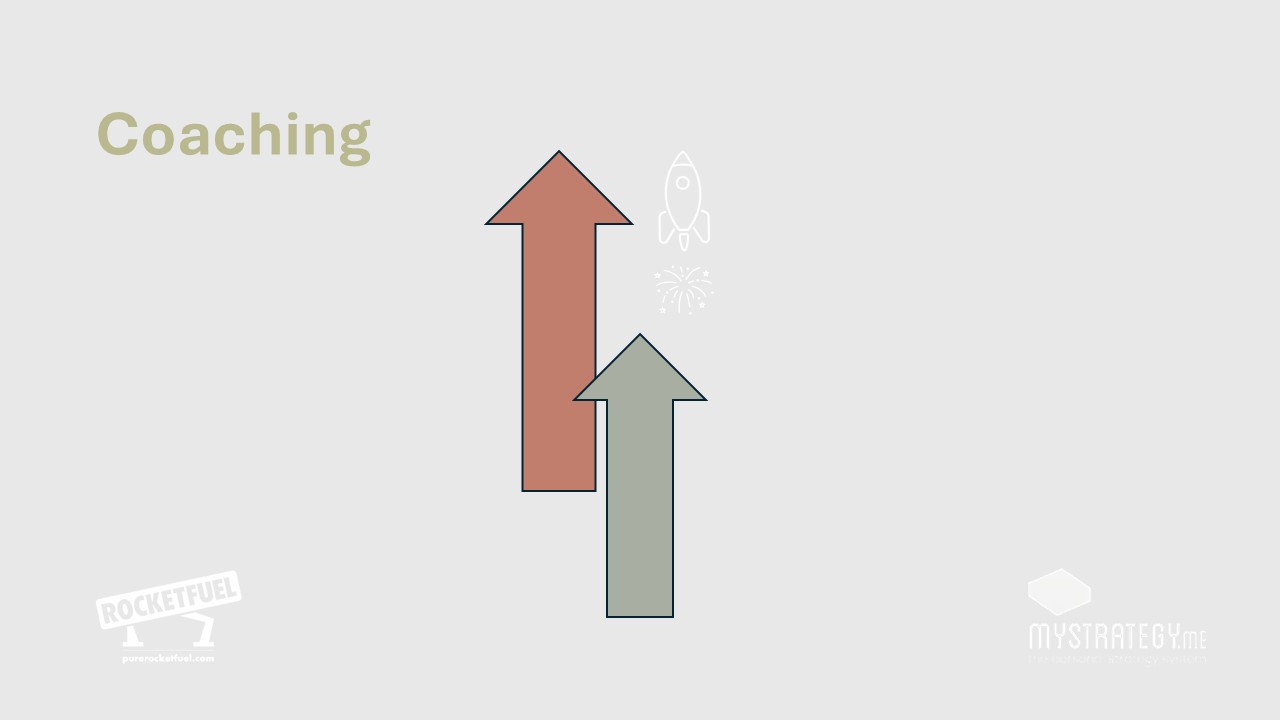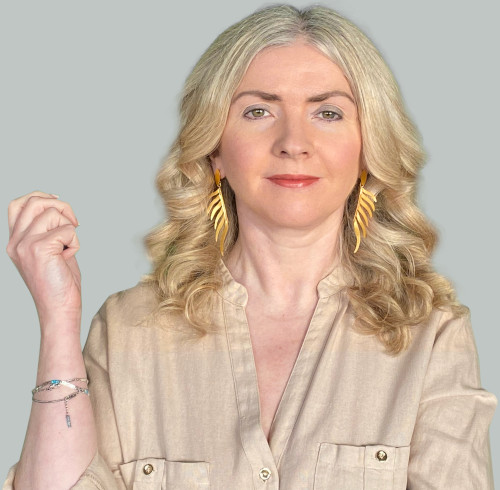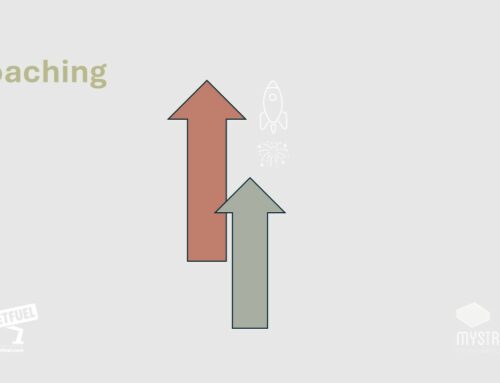
Going entirely solo is hard, and maybe not too clever, so create your own Board of Management, suggests Davina Greene.
Who do you approach for advice? Is it the best advice? Strong companies thrive on having a variety of people around the table, questioning, challenging, monitoring and supporting each member of the Leadership Team. Why wouldn’t the same be true for you, your business, or your major life milestones?
Most of us unconsciously nominate ‘Board Members’. Certain people have been around forever and automatically become the ones to whom we turn. However, I believe that we should be a bit more ruthless than that in surrounding ourselves with the right people for important ‘moments in time’. So, who might they be?
Choosing Your Board, in Life or Work
Variety is the spice of life here.
First, you need the Seasoned Observer – someone who is astute and knows you well, helping you circumnavigate old habits, and knowing where you’ll need most support. They know what you can do, so when they say “you can do it”, they really mean it. Next, the Specialist(s), for the area(s) in which you are least experienced and require external expertise. Then, the Introducer – a person who networks well and can connect you fast.
Your Pace Opposite will speed you up if you’re a real detail-stickler, or slow you down if you’re skipping key steps. Your People Opposite can be more “pleasantly brutal” about moving forward in the absence of consensus and harmony, if you’re the type of person who worries excessively about such things (or vice versa). Your Age Opposite will challenge your thinking, if you are at the particularly young or ‘experienced’ end of the scale – shaking up long-embedded mental Rules, adding maturity to wild creativity, thereby healthily widening perspectives and, in business, possible audiences.
Next, find the Cynic – the blunt realist who is, perhaps, less convinced of you, or of your idea. Gain satisfaction in watching that person’s view switch to the optimistic. Balance that person with the Supportive Realist, the humane individual who speaks the truth but provides an optimal level of comfort in doing so (that is, one that keeps you in a forward-moving Adult mindset, rather than tucking you into bed with hot chocolate and a teddy bear).
Especially in business, don’t forget the Voracious Reader. If you tend not to get much time to delve deep into news, facts, ideas and development (or just generally find research boring), find the person who loves all of that. Balance that with the Strategist, because lists of disjointed “good ideas” just won’t cut it; you need someone who can scythe through those, to define a Vision.
Finally, the Predecessor and the Model. Perhaps they are the same person – someone who has gone through it all before, and someone who personifies, to you, what you’re trying to achieve. If you don’t know them, do your research and, by all means, manufacture yourself an inspirational WWED (“What would Elon do?”) bracelet, if that would help.
Your Board: What’s The Point?
In short, you need people who want to make a difference; you may rotate them over time, as needs or projects change. Should they know each other? Well, it depends how formal you want to be. For your life or career, maybe not; for your business, quite possibly, even if only via technology.
Red-card friends and family members who have no firm contribution to make, availing of their support informally. And, of course, the Busy People, whose never-ending queue you are simply joining, and the Idea Lovers, who are excited to be in the presence of new things and change, but have nothing firm to contribute.
Why do it? From access to broad expertise, we derive perspective and simplicity. With the right support, we maintain momentum and resilience. Just from having a Board, we show dedication and responsibility, and kick-start communication to the world about the path we crave. Creating a Board is a particularly big ask of the Fiercely Independent, but multiple relevant brains will always be better than one. Have I a full Board yet? No, but I’m getting there. Hindsight, sadly, is my motivator on this – don’t let it be yours!
Key Considerations for Choosing Your Board
- We are the people we surround ourselves with. They influence our path.
- Broad expertise and perspective lead to better decisions.
- Know why each person is on your Board, in terms of specialism and motivation.
- Use your Board for important decisions. They are not your PA or therapist.
- Stay in touch. Tell your Board how they’re making a difference.
- Say thank you, and offer help where you can. One-way relationships will soon run out of steam.
Interested in investing in your own personal – and personal strategy – development? Check out www.MyStrategy.me!
Share This!
About the Author



